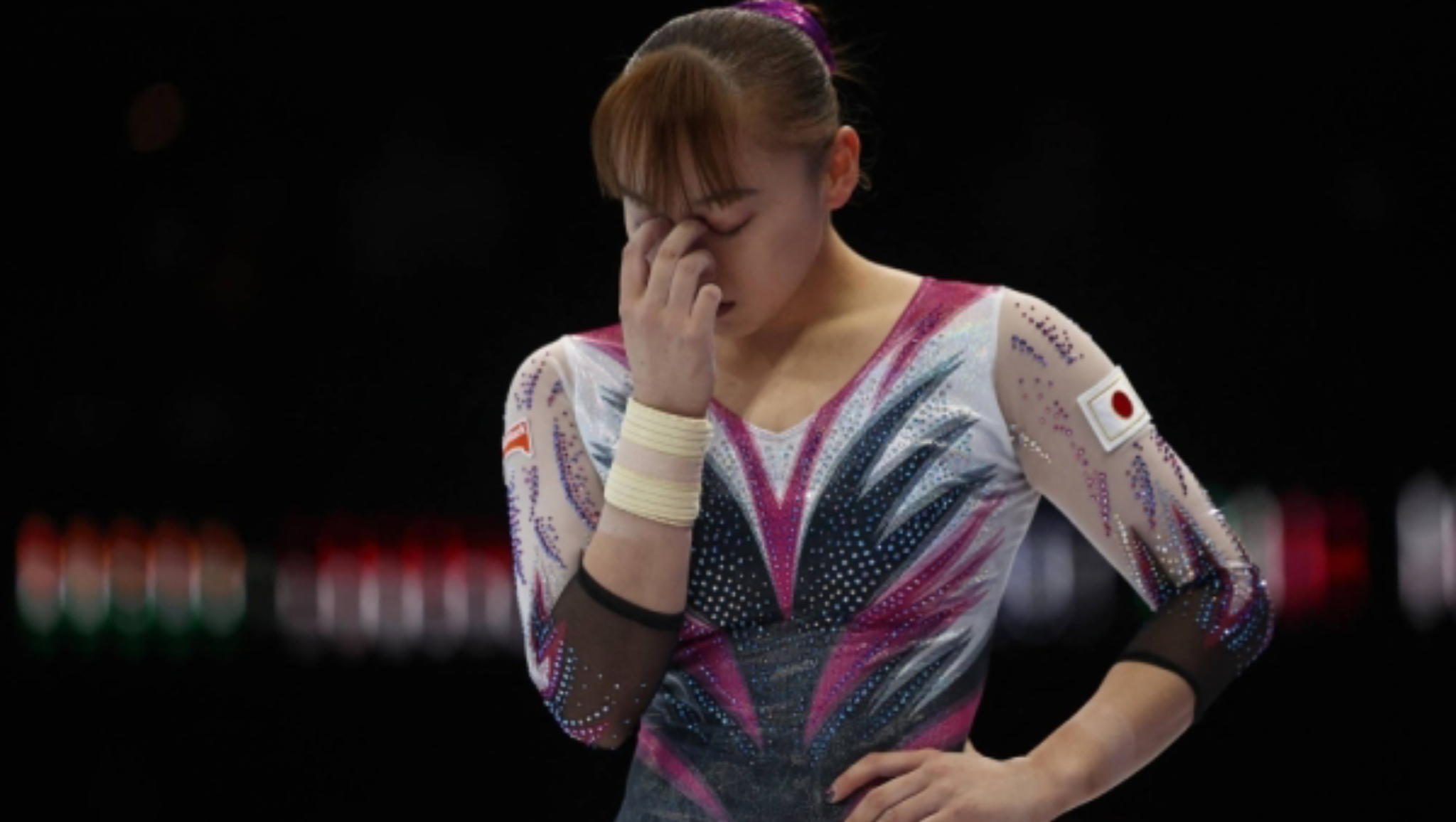Just days before the 2024 Paris Olympics, 19-year-old Shoko Miyata was removed from the Japanese gymnastics team. The expulsion came after Miyata admitted to smoking and drinking in her private time, activities that are not only against the Japan Gymnastics Association (JGA) rules but also illegal for individuals under 20 in Japan. This decision followed an internal investigation prompted by witness reports.
Miyata was not just any gymnast; she was a rising star and a symbol of hope for Japan’s gymnastics team. She had already made a significant mark in the sport, securing a silver medal at the 2022 World Championships and earning multiple medals at the Asian Championships in Doha. Earlier in the year, Miyata solidified her reputation as the leading gymnast in Japan by clinching her third consecutive NHK Trophy. She also excelled in individual events, winning gold in the vault and securing a bronze medal on the balance beam. Her removal from the team is a significant blow, considering she was expected to lead the squad as captain at the Paris Games. This incident has overshadowed her promising career and potential to bring home Japan’s first Olympic gymnastics medal since 1964.
The internal investigation by the JGA revealed that Miyata had been under immense stress “due to numerous pressures from the competitive targets that had been set.” This pressure might have contributed to her turning to smoking and drinking as coping mechanisms. However, these actions were in direct violation of the JGA’s strict code of conduct, which aims to maintain the athletes’ discipline and integrity. The Japanese Olympic Committee noted that they believe Miyata is the first athlete to withdraw from an Olympics not due to injury or illness.
In a hurriedly arranged news conference on Friday, JGA Chairman Tadashi Fujita expressed deep regret over the situation. “I offer my sincere apologies for causing a great amount of trouble to many people over Miyata,” Fujita said. “I’m very sorry.”
Coach Harada acknowledged that Miyata’s actions were indeed reckless, but he emphasized that she was facing immense pressure to excel. “She was spending her days really burdened with so much pressure,” he said, tearfully. “I would implore people to understand that.”
Following Miyata’s admission and subsequent expulsion, the JGA considered Aiko Sugihara, who was listed as a reserve for the women’s team, as a potential replacement. However, the association decided against making the substitution since reserves are typically meant to replace athletes who are ill or injured. Consequently, the Japanese gymnastics team will now compete with four athletes instead of the full squad of five.
In the wake of these events, Shoko Miyata deleted all her posts on social media accounts, further illustrating the severity of the situation and her need for privacy during this turbulent time.

The expulsion of Miyata has garnered significant media attention, both domestically and internationally. The Japanese public has expressed a mix of disappointment and empathy, understanding the immense pressures young athletes face while also acknowledging the necessity of upholding the rules.



